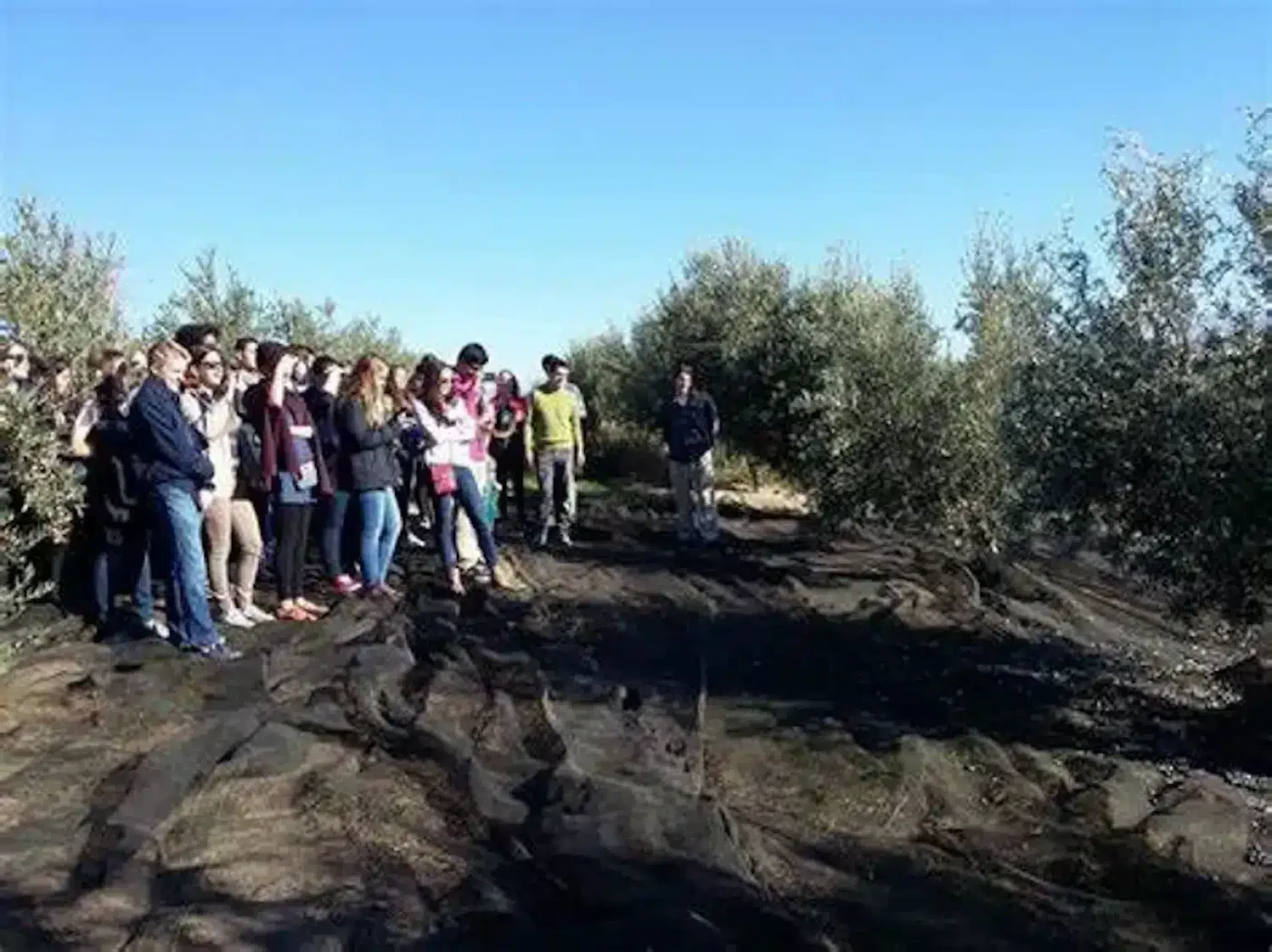
Oleotourism refers to tourism activities related to olive oil, a way to spread the word about the land’s way of life, the benefits of Extra Virgin Olive Oil, and enjoy accommodations and restaurants or related to olive groves. It is therefore an alternative to traditional tourism in which the dissemination of information and culture revolves around olive oil.
The Province of Jaén is firmly committed to this way of disseminating knowledge and culture about the olive tree and olive oil.
Indeed, tourism focused on olive oil production aims to disseminate the main characteristics and production processes of olive oil, a rich and healthy product like few others, and Spain is the largest olive grove in the world!
Oleotourism in Jaén perfectly complements nature tourism in the Sierras de Cazorla, Segura y Las Villas, Sierra Mágina, Sierra de Andújar, and Despeñaperros. Also worth mentioning is the cultural tourism of cities like Úbeda and Baeza (World Heritage Sites) and the Southern Renaissance routes.
Special mention should be made of the so-called Vía Verde del Aceite, on an old, disused railway line that runs through the southwest of the province of Jaén for 55 kilometers. The greenway route enters the province of Córdoba to complete its 112-kilometer route.
It is indeed a destination for hiking lovers, allowing them to explore the immense landscapes of olive groves dotted with historic towers.
It begins in the city of Jaén and ends in Navas de Sepillar in the province of Córdoba, passing through Torredelcampo, Torredonjimeno, Martos, Vado Jaén, Estación de Alcaudete, Luque, Zuheros, Doña Mencía, Cabra, and Lucena.
November is Olive Oil Month, with the first EVOOs from the DO Priego de Córdoba, the most awarded in the world, with tastings, hiking, photography, and snacks.
In this way, we can capture the essence of the culture surrounding the world of olive trees and enjoy a gastronomic experience. exquisite.
The goal is to showcase the first EVOOs of the harvest, unfiltered oil, and promote their consumption as a regular product in home kitchens. The program kicks off with a tasting course on new-harvest extra virgin olive oils.
The Vice President of the Priego de Córdoba DOP highlighted the importance of promoting olive oil culture in the region, and the Mayor of Fuente Tójar emphasized the activities in all the municipalities of the Designation of Origin, which produces the most award-winning olive oils in the world.
Furthermore, the Mayor of Carcabuey highlighted the December 5th hiking route in Carcabuey, to promote awareness of the Sierras Subbéticas de Córdoba Natural Park.
Nearly 60% of olive oil tourists are Spanish, although French and English nationals also show great interest in Spanish olive oils.
Thus, the average olive oil tourist is an older, male city dweller. 45 years of age and older, and with a medium-to-high socioeconomic status. However, olive oil tourism is also projected as a fully family-friendly activity.
These tours take place primarily in Andalusia and the Mediterranean coastal areas, areas where a large portion of Spain’s olive oil production is located.
In these areas, we learn about the history of olive oil, the olive mill, and restaurants where olive oil is the main ingredient.
The tours are complemented with tastings of the different types of olive oil or with massages and beauty treatments. Among the latter, facial masks made with honey and oil stand out, for example.
“Olive oil tourism” is a relatively new term, but it has recently become popular among visitors to Greece. Whether through tastings, visits to the pressing machines, or themed tours, one of Greece’s most famous products continues to be a draw for tourists from all over the world.
When we think of Greece, we think of beaches with crystal-clear waters, romantic sunsets, and delicious cuisine based on fresh salads and unique recipes. The main ingredient is always olive oil.
About 100 kilometers southwest of Athens, in the Peloponnese, lies Markellos Olive Press. Founded in 1930, it has been exporting extra virgin olive oil to the rest of the world since 2015. Although the machines are idle, as it is not the harvesting station, its doors are open for tours and tastings.
The term “tuThe “olive oil ism” was first used in Spain about 20 years ago. The Greeks embraced it, and it has now gained popularity after the pandemic. As well as tours and tastings, there are spa and beauty treatments that use olive oil-based products. Some offer a futuristic view of the industry.
Greece is a fairly small country, with a wide variety of olives, each with its own unique flavor. So beyond its islands and ancient monuments, tasting the delights of olive oil can be another good option.
Important Note: aceitedelcampo.com promotes the consumption of extra virgin olive oil for its culinary qualities and health benefits. However, no medication or current treatment should be replaced without the guidance of a healthcare professional.
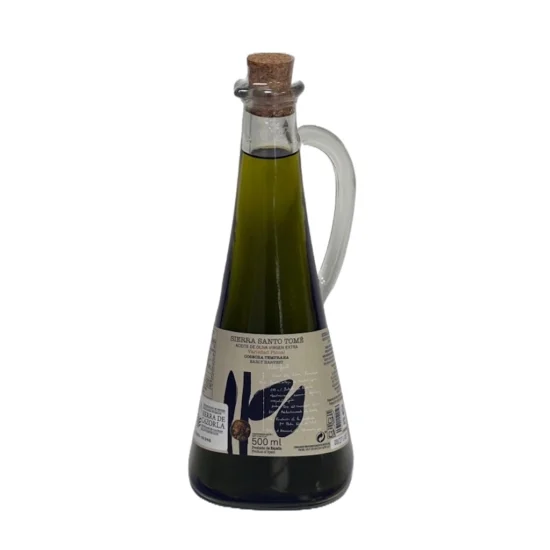
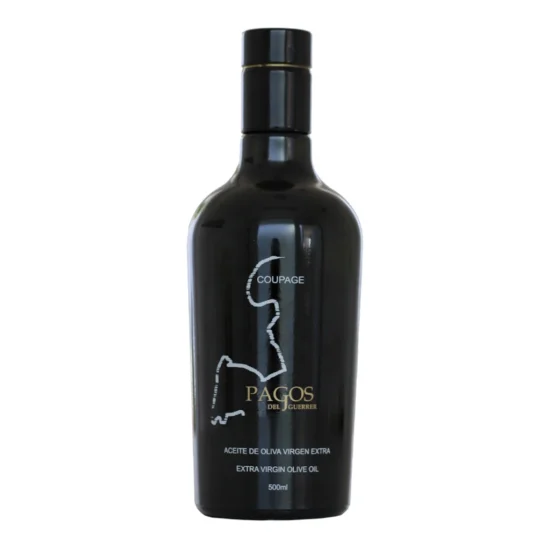
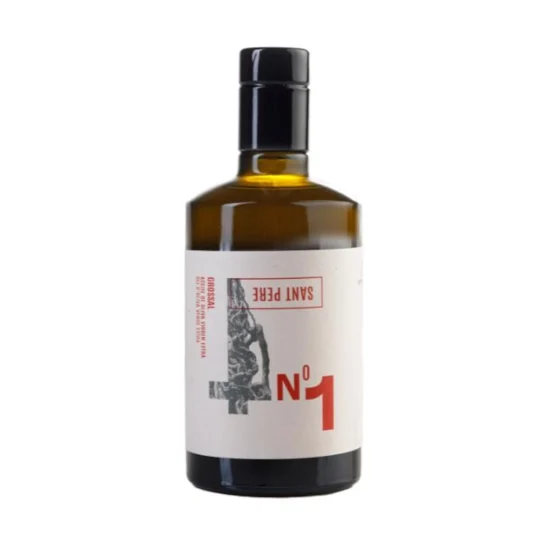
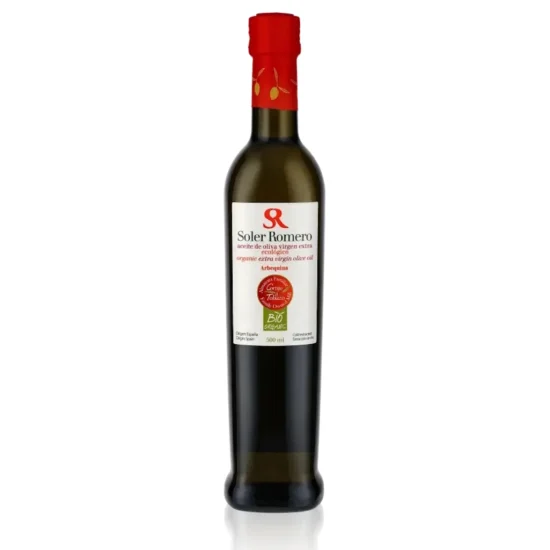
ALZAYT EXPORT SL
info@aceitedelcampo.com
C/ Eduardo Bosca 19, 2-5
46023 Valencia
Subscribe and receive a coupon by email for your next purchase.